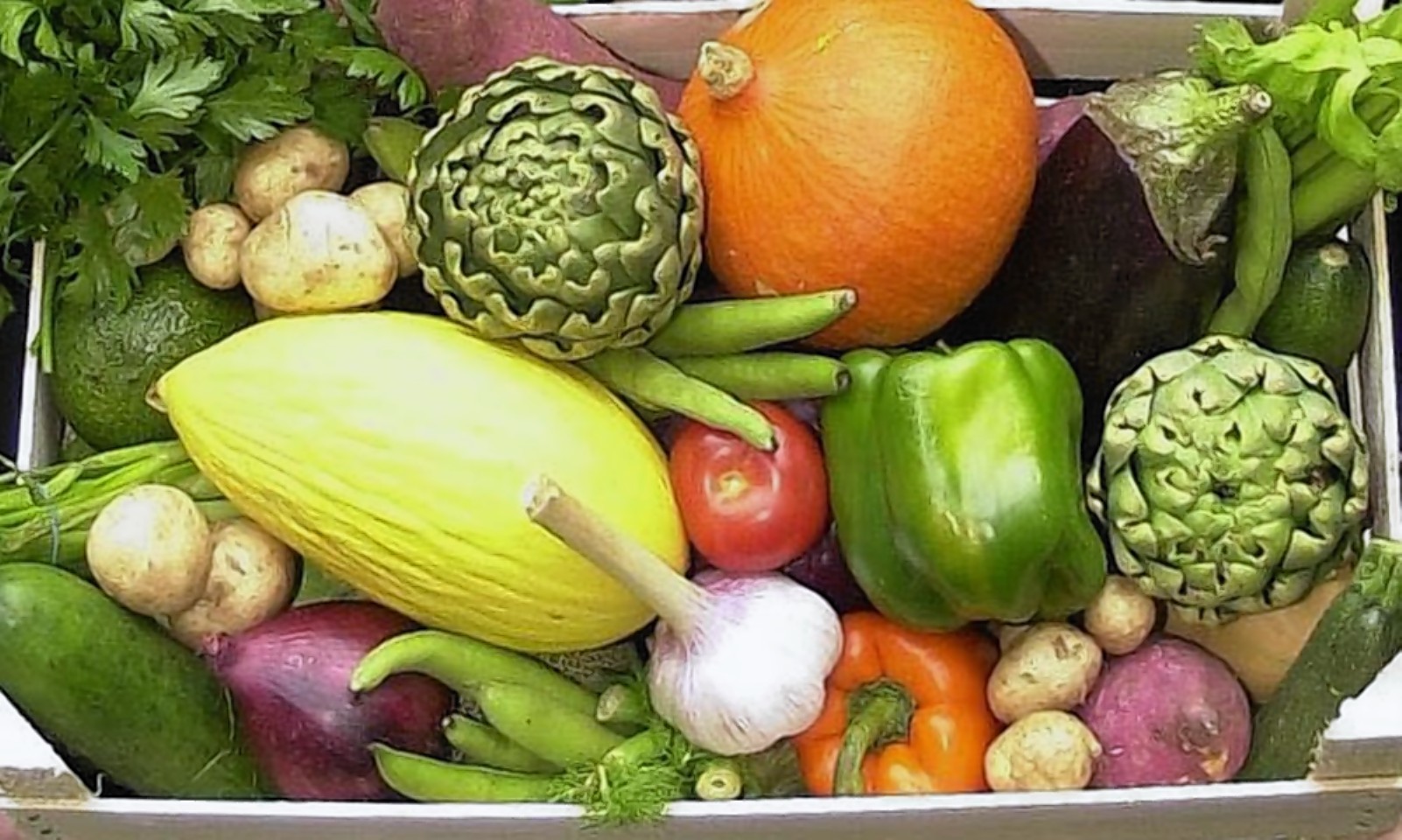The government needs to offer more support to the UK’s organic farmers to help the sector thrive.
Christopher Stopes, president of the EU organic group IFOAM, said there was a positive climate for organic food across the European Union and a willingness to help it in the right direction.
But he said the UK was out on a limb in terms of the way it was supported by government, forcing organic farmers to have to work harder to promote the sector.
Speaking at the OF&G National Organic Combinable Crops conference near Bury St Edmunds, Suffolk, Mr Stopes said in some member states organic represented at least 20% of the food people ate. In some Alpine states, organic was actually the majority, he added.
“Compare that to the UK, where officials are reluctant to back organic publicly, and the situation is very different,” he said.
“It’s a pity we have that level of indifference in government towards organic. It’s a role-turner, and it means organic farms and businesses have to fight the corner for organic instead.”
Despite the lack of support, Mr Stopes said there was much to be positive about in the UK organic sector, with new avenues for growers to explore.
“One of the major opportunities should be to increase the production of arable crops to supply feed, because at the moment we are exposed to the threat of low-integrity imports,” he said. “It’s definitely something we can respond to and we need to work together in the sector to find ways to do it.”
Organic sheep and arable farmer John Pawsey, who hosted the conference at his farm, said the UK government should look to European countries including Denmark and Sweden to find ways to support the organic sector more effectively. Mr Pawsey said: “Denmark and Sweden have a more stringent use of pesticides, but there’s also a greater acceptance of what organic brings in these countries, and we need to correct that in the UK.”
